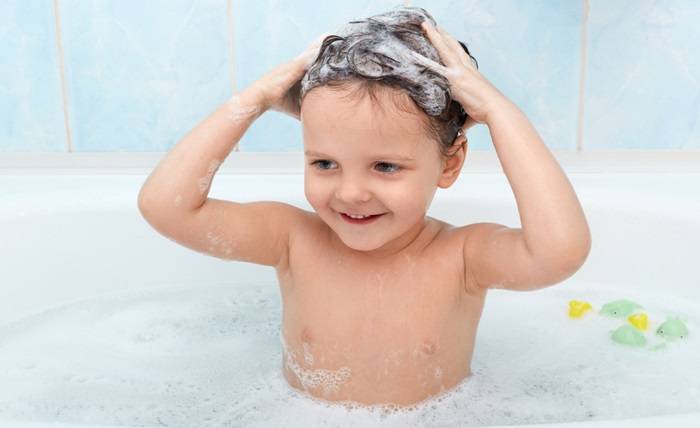Selecting the right baby soap is a critical decision for parents, given the delicate nature of a baby’s skin. Baby skincare products, including soaps, must be chosen with utmost care to ensure they support and protect the skin’s health. This blog post aims to guide parents through the essential factors to consider when selecting baby soap, spotlighting top choices like Sebamed and Cetaphil baby soaps.
Understanding Baby Skincare Needs
Baby skin is significantly thinner and more sensitive than adult skin, making it more susceptible to irritation and dryness. Hence, the choice of baby soap can profoundly affect their skin health. It’s crucial to opt for soaps designed specifically for babies, as they are formulated to be gentle, minimizing the risk of skin reactions.
Crucial Factors in Choosing Baby Soap
When it comes to baby soaps, not all are created equal. The best baby soap should tick several boxes:
- Safety: The soap should be free from harsh chemicals, fragrances, and dyes that can irritate a baby’s skin or cause allergies.
- Gentleness: Look for soaps that are mild and designed for sensitive skin, ensuring they cleanse without stripping away natural oils.
- Moisturization: Baby soaps should contain hydrating ingredients to help maintain the skin’s moisture barrier, preventing dryness.
Spotlight on Popular and Safe Baby Soap Options
Among the plethora of options, Sebamed baby soap stands out for its pH-balanced formula, which is clinically proven to promote the development of the acid mantle, protecting baby skin from irritation and dryness. Similarly, Cetaphil baby soap is revered for its hypoallergenic and tear-free formula, making it an ideal choice for infants’ sensitive skin.
Both these brands have garnered trust among parents for their commitment to baby skincare, offering products that are gentle, safe, and effective in maintaining healthy skin.
Common Mistakes to Avoid
A common pitfall is assuming that all “natural” or “organic” labeled soaps are automatically safe for baby skin. While natural ingredients can be beneficial, it’s crucial to assess the overall formulation for any potential irritants. Always perform a patch test with a new soap to ensure it’s compatible with your baby’s skin.
Conclusion
The journey to finding the best baby soap may seem daunting, but by focusing on key factors such as safety, gentleness, and moisturization, parents can make informed decisions. Brands like Sebamed and Cetaphil offer specialized baby skincare products that cater to the delicate needs of infant skin, making them excellent choices for conscientious parents.
In the end, the well-being of your baby’s skin hinges on the choices you make. Opt for soaps that safeguard their skin’s health, and don’t hesitate to consult with a pediatrician for personalized advice. Remember, the right baby soap not only cleanses but also nurtures and protects your baby’s skin, laying the foundation for a lifetime of healthy skin.

